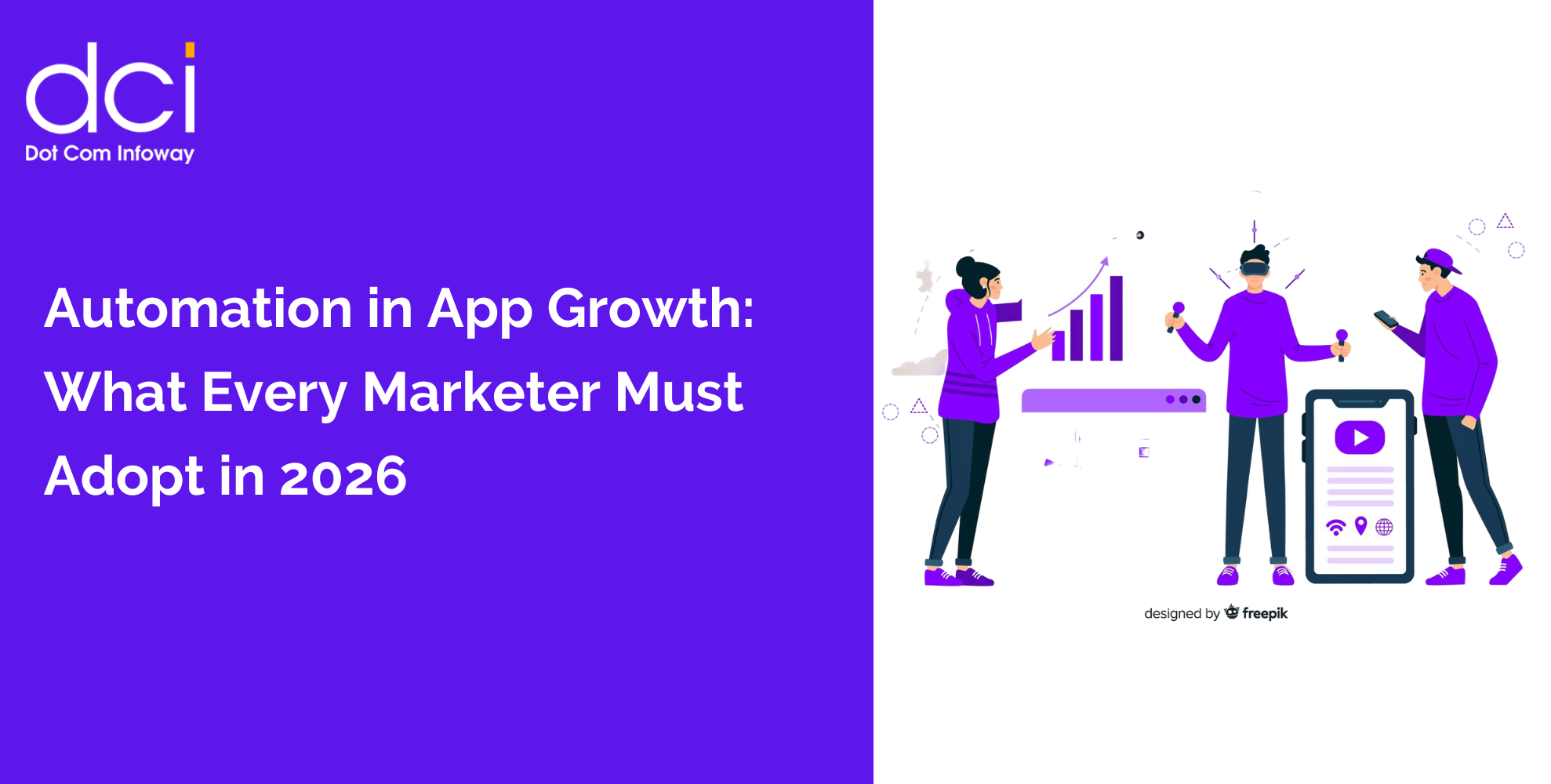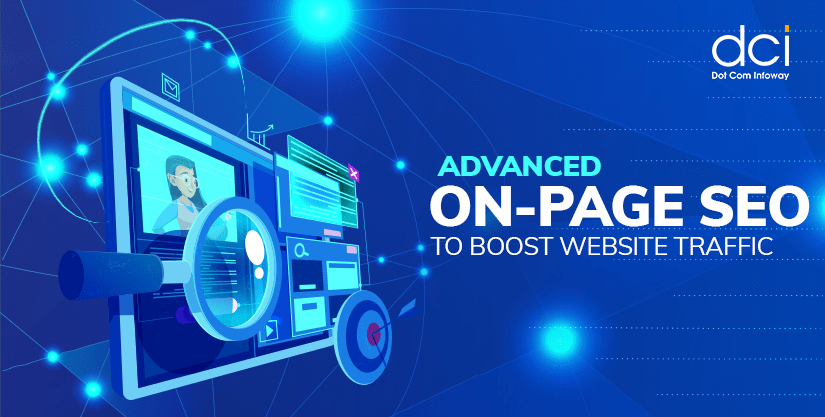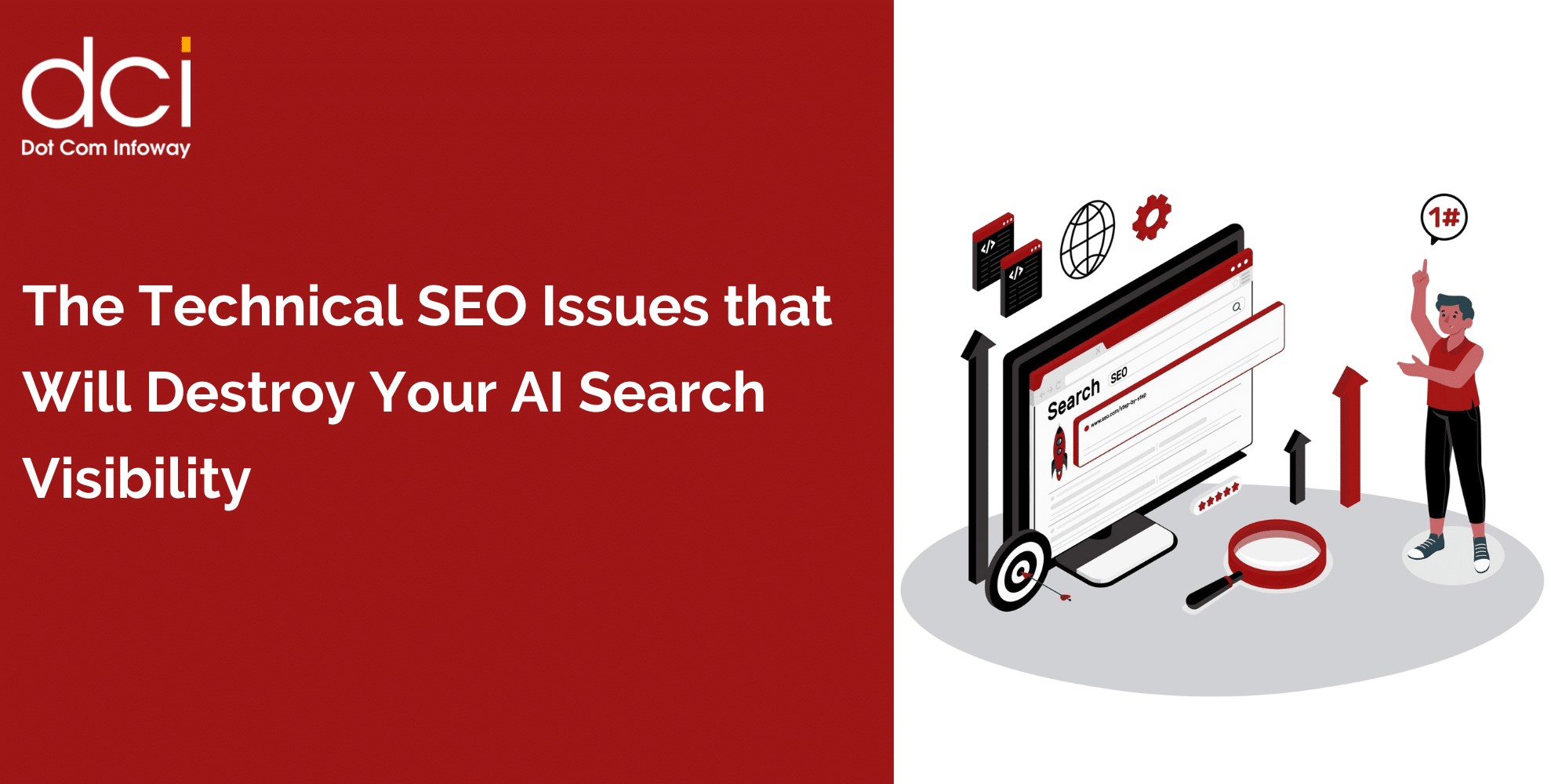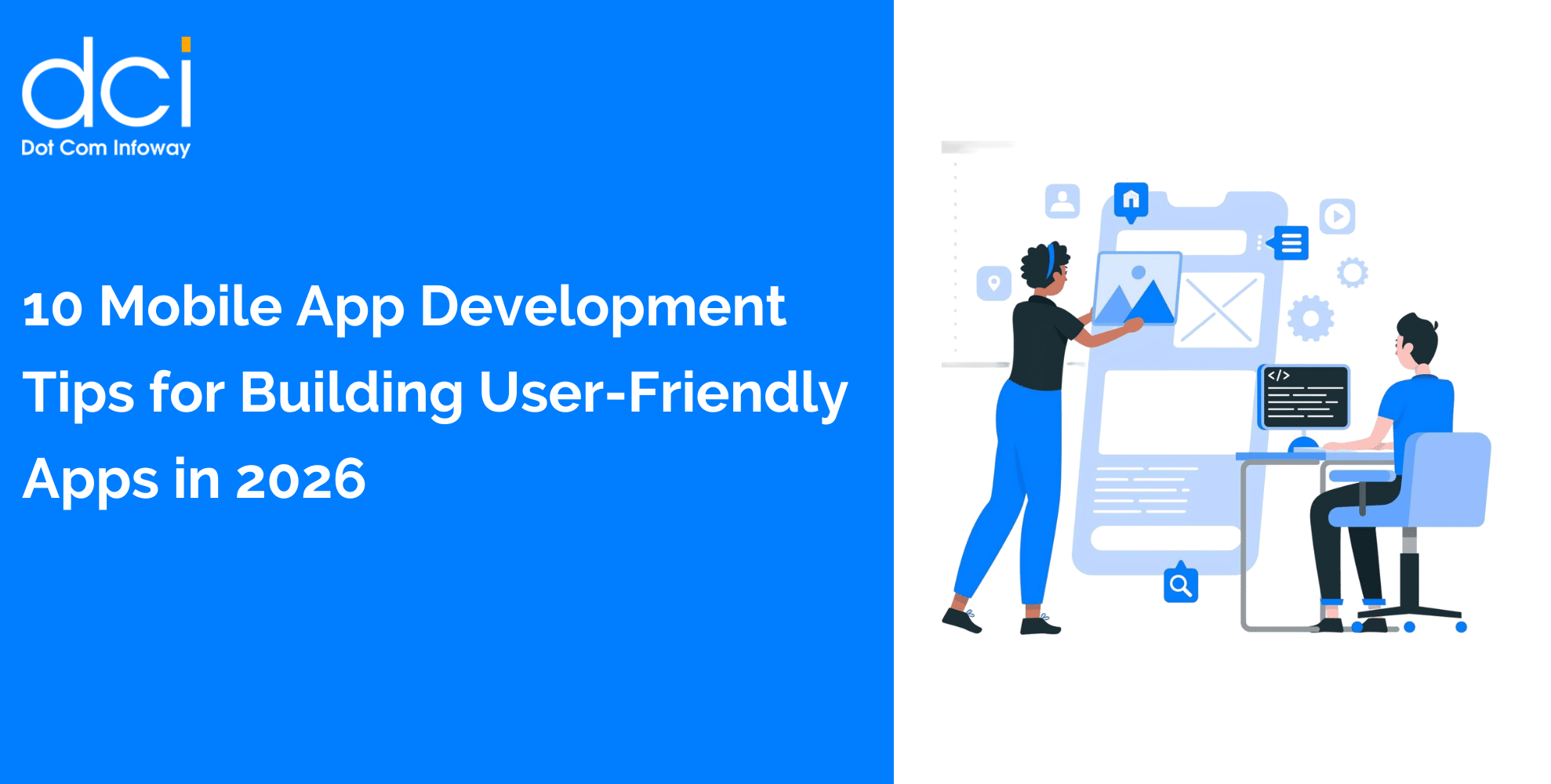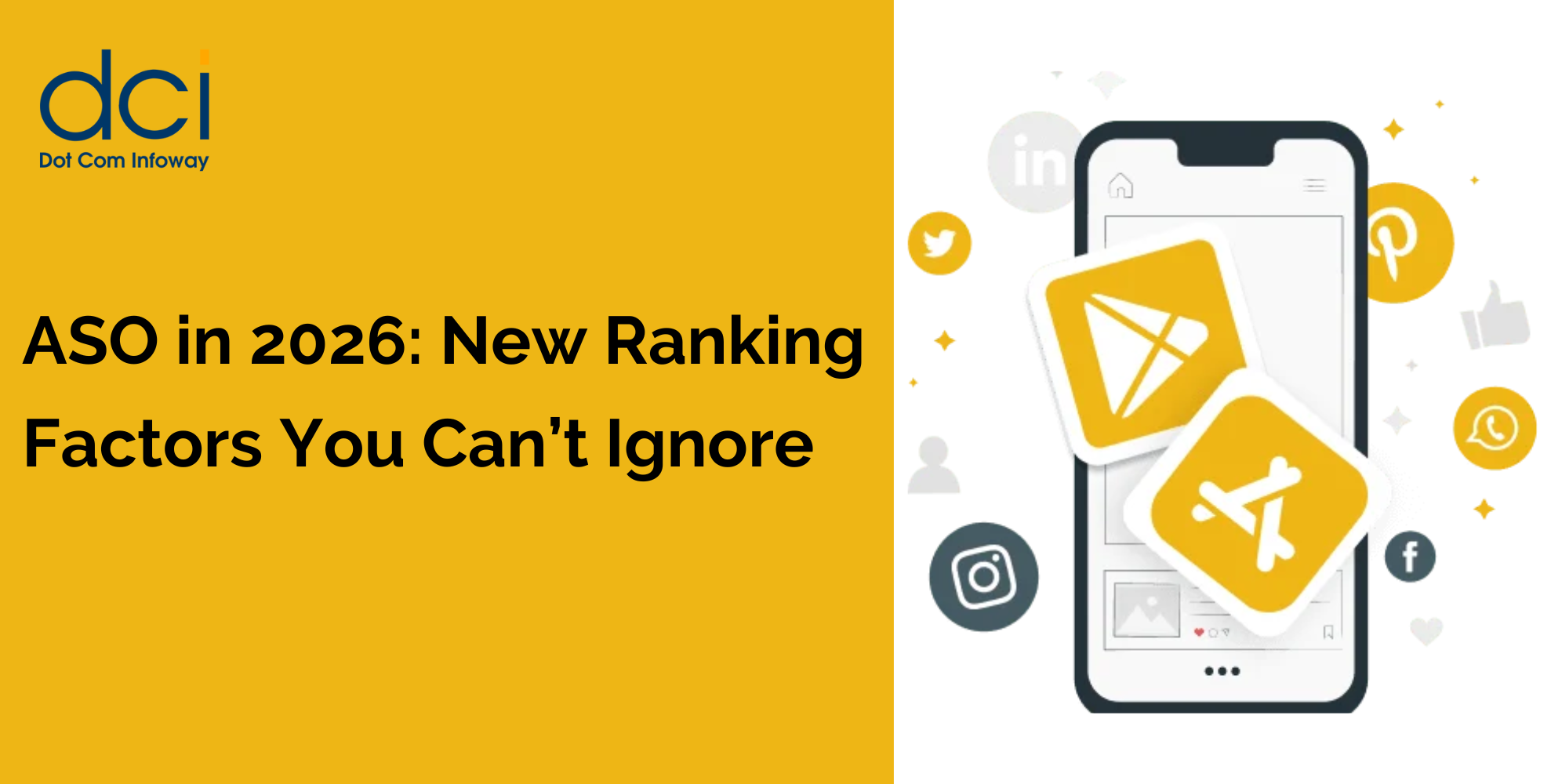The Performance Marketing Imperative: Why Startups Can’t Afford to Wait
When Silicon Valley Journals examined successful digital marketing strategies, they found a clear pattern: startup needs performance marketing not as a luxury, but as a fundamental business requirement. The reason is simple—startups operate under unique constraints that make performance marketing essential.
Performance marketing delivers immediate, measurable results that traditional marketing approaches simply can’t match. Unlike brand advertising, which focuses on awareness and emotional connection, startup needs performance marketing because it drives direct action: sign-ups, purchases, demo requests, and qualified leads.
Consider the stark reality facing most startups. Limited budgets, tight timelines, and investor pressure to show traction create an environment where every marketing dollar must work harder. Performance marketing provides the accountability and optimization that startup needs performance marketing demands.
Research from marketing analytics firm DataDab reveals that startups using performance marketing from day one are 3.2 times more likely to reach their first $1M in revenue within 18 months compared to those relying solely on organic growth strategies.
Breaking Down the Performance Marketing Advantage for Early-Stage Companies
Immediate ROI and Budget Accountability
The primary reason a startup needs performance marketing lies in its measurable nature. Every campaign, every ad dollar, every click can be tracked and optimized. This level of accountability is crucial when working with limited resources.
Digital marketing strategist Sarah Emmott, who co-authored First Round Review’s framework on performance vs. brand marketing, emphasizes this point:
“Performance advertising is laser-focused on conversion. The primary goal is to drive a customer to purchase, sign up for an account, or talk to sales. It’s about action and response.”
Startup marketing strategy built around performance marketing enables founders to answer critical questions: What’s our customer acquisition cost? Which channels drive the highest-quality leads? What messaging resonates with our target audience? These insights are impossible to obtain through traditional marketing approaches alone.
Precise Targeting in Crowded Markets
Modern performance marketing platforms offer unprecedented targeting capabilities. Digital marketing for startups through performance channels allows companies to reach specific demographics, interests, behaviors, and even purchase intentions with surgical precision.
Take Google Ads as an example. When someone searches for “project management software for remote teams,” a startup like Asana or Monday.com can show relevant ads to users actively looking for their solution. This intent-based targeting is why startup growth marketing strategies increasingly rely on performance channels.
Facebook and LinkedIn ads provide equally powerful targeting options, allowing startups to reach decision-makers at specific company sizes, industries, or job functions. This level of precision ensures that limited startup advertising strategy budgets reach the most qualified prospects.
The Cost-Effectiveness Factor: Maximizing Limited Resources
Lower Barriers to Entry
Unlike traditional advertising requiring significant upfront investments, performance marketing allows startups to begin with modest budgets. Holly Chen’s framework suggests starting with just $100 daily on Google search ads, scaling up based on results.
This cost-effective marketing startups approach means companies can test and validate their marketing strategies without risking their entire budget. The gradual scaling model aligns perfectly with startup funding cycles and growth stages.
Real-Time Optimization
Performance marketing platforms provide instant feedback loops. Startup marketing budget allocation can be adjusted in real-time based on performance data. Underperforming campaigns can be paused immediately, while successful ones can be scaled up within hours.
This agility is crucial for startups navigating uncertain market conditions. When economic headwinds hit in 2022-2023, companies using performance marketing could quickly adjust spending and messaging, while those locked into traditional advertising contracts faced greater losses.
Building Your Performance Marketing Foundation: A Step-by-Step Approach
Search Engine Marketing: Your First Priority
Every startup needs performance marketing to begin with search marketing. When potential customers actively search for solutions your startup provides, you need to be visible. Google Ads and Microsoft Advertising offer immediate visibility while organic SEO efforts build momentum.
Start with exact match keywords related to your core product offering. If you’re building accounting software for freelancers, target searches like “freelancer accounting software” or “tax software for independent contractors.” These high-intent searches typically convert at higher rates than broad awareness campaigns.
Social Media Performance Advertising
Platform-specific performance campaigns on Facebook, LinkedIn, Instagram, and Twitter allow startups to reach users based on detailed demographic and behavioral data. LinkedIn is particularly effective for B2B startups, while Facebook and Instagram excel for consumer-focused companies.
The key is matching your startup marketing strategy to platform strengths. LinkedIn’s professional targeting works well for SaaS companies targeting specific job titles or company sizes. Instagram’s visual format suits consumer brands showcasing products or lifestyle benefits.
Email Marketing and Marketing Automation
Email remains one of the highest-ROI performance marketing channels. Building email lists through lead magnets (free guides, trials, webinars) creates an owned audience for ongoing nurturing and conversion.
Marketing automation platforms like HubSpot, Mailchimp, or ConvertKit enable sophisticated email sequences that nurture leads from initial interest through purchase decision. This automated nurturing is essential for startups with limited sales resources.
Measuring Success: KPIs That Matter for Startup Performance Marketing
Customer Acquisition Cost (CAC) and Lifetime Value (LTV)
The fundamental metric for any startup growth marketing program is the relationship between customer acquisition cost and lifetime value. Successful performance marketing maintains a healthy LTV:CAC ratio, typically 3:1 or higher for sustainable growth.
Track CAC by channel to understand which performance marketing efforts deliver the most cost-effective customers. Google Ads might have a higher upfront CAC but deliver customers with higher lifetime value, making it more profitable long-term.
Conversion Rates and Funnel Optimization
Beyond top-line metrics like clicks and impressions, focus on conversion rates at each funnel stage. Landing page conversion rates, email sign-up rates, trial-to-paid conversion rates—these metrics reveal optimization opportunities within your performance marketing campaigns.
Use tools like Google Analytics, Mixpanel, or Amplitude to track user behavior from first touch through conversion. This data informs both creative optimization and targeting refinements.
Payback Period and Cash Flow Impact
For cash-conscious startups, understanding payback periods is crucial. How long does it take to recover the cost of acquiring a new customer? Performance marketing ROI calculations must account for cash flow implications, not just long-term profitability.
Monthly or quarterly cohort analysis reveals how customer value evolves over time, informing budget allocation decisions and growth sustainability.

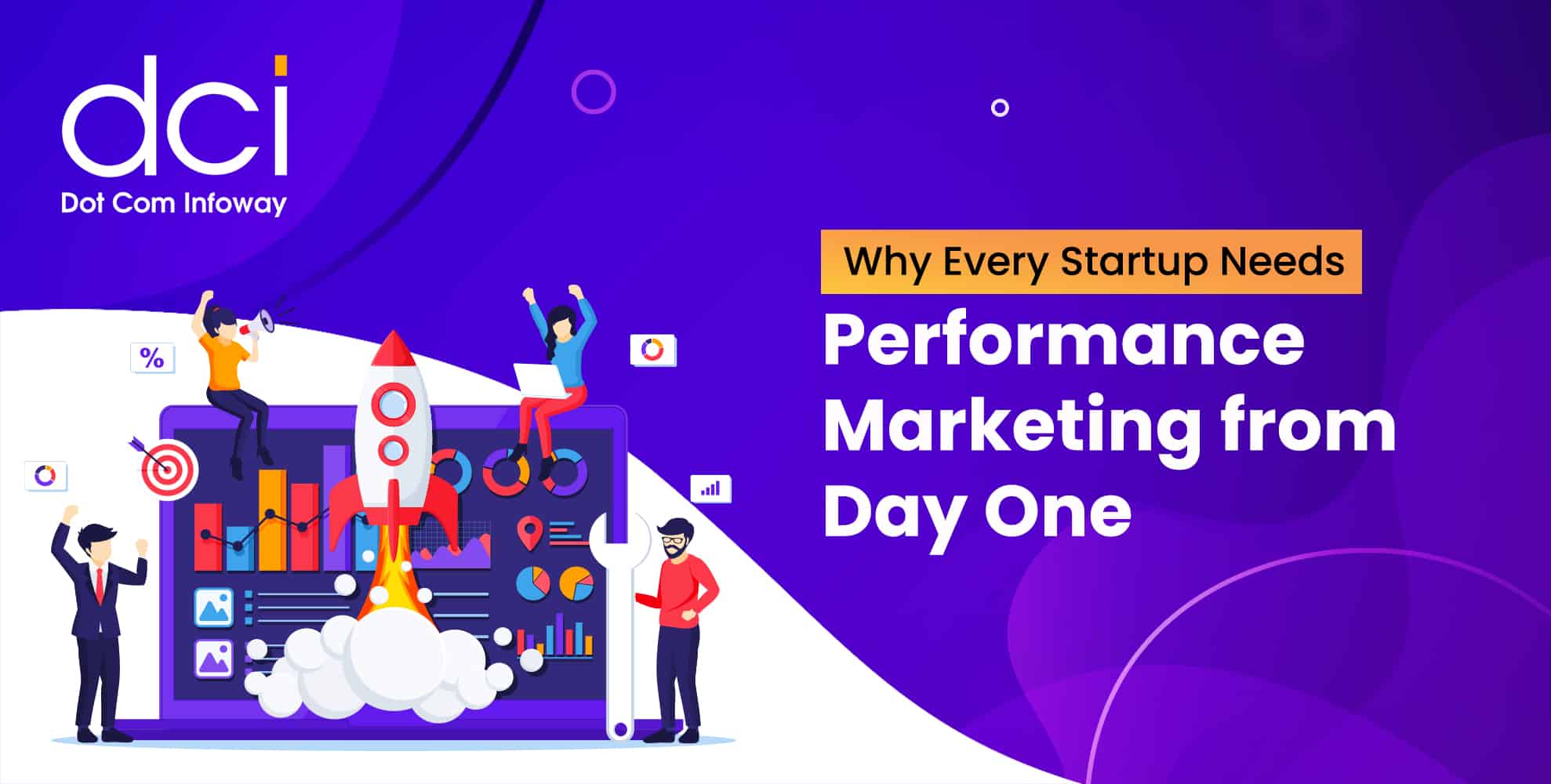





![The Game Marketing Guide: Pre and Post-Launch Strategies [Infographic]](https://www.dotcominfoway.com/wp-content/uploads/2023/09/DCI-Game-Marketing-blog-1.jpg)
